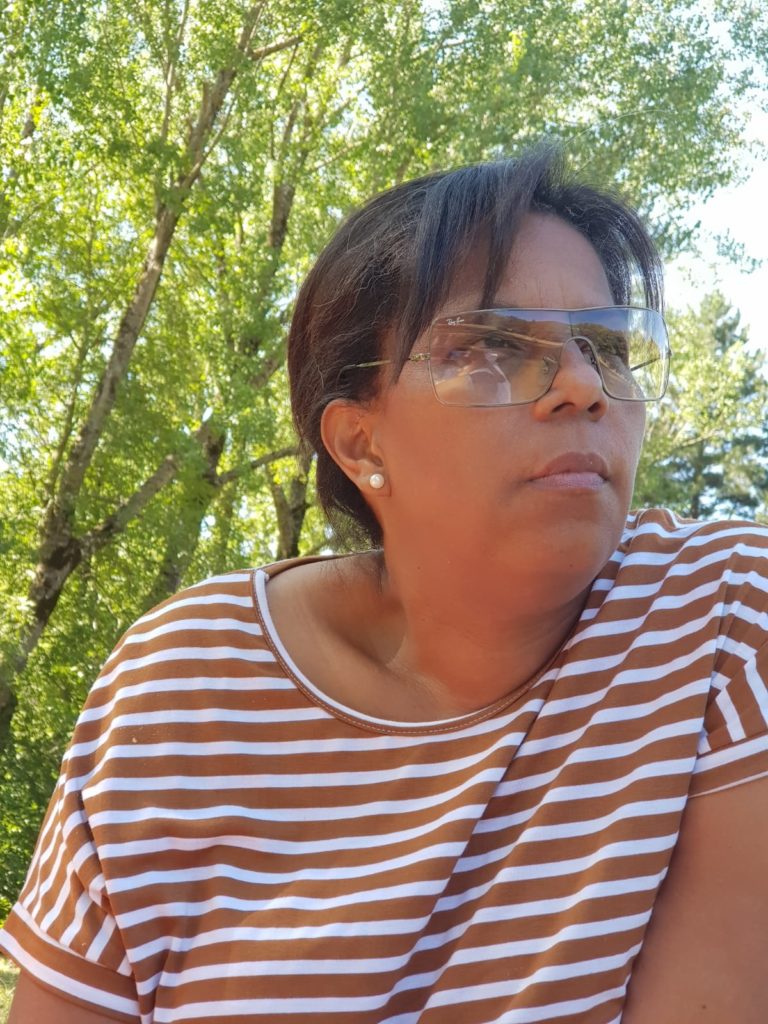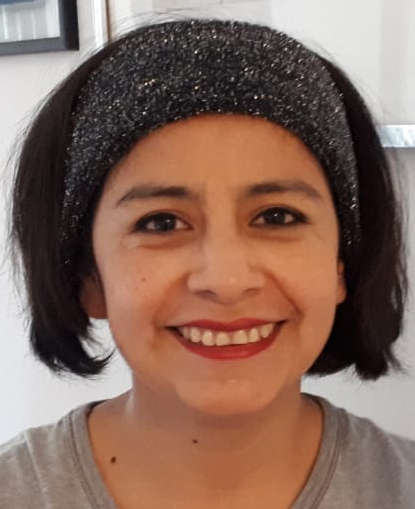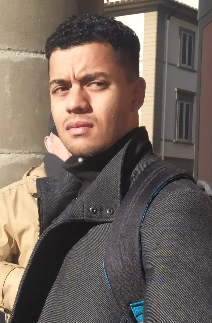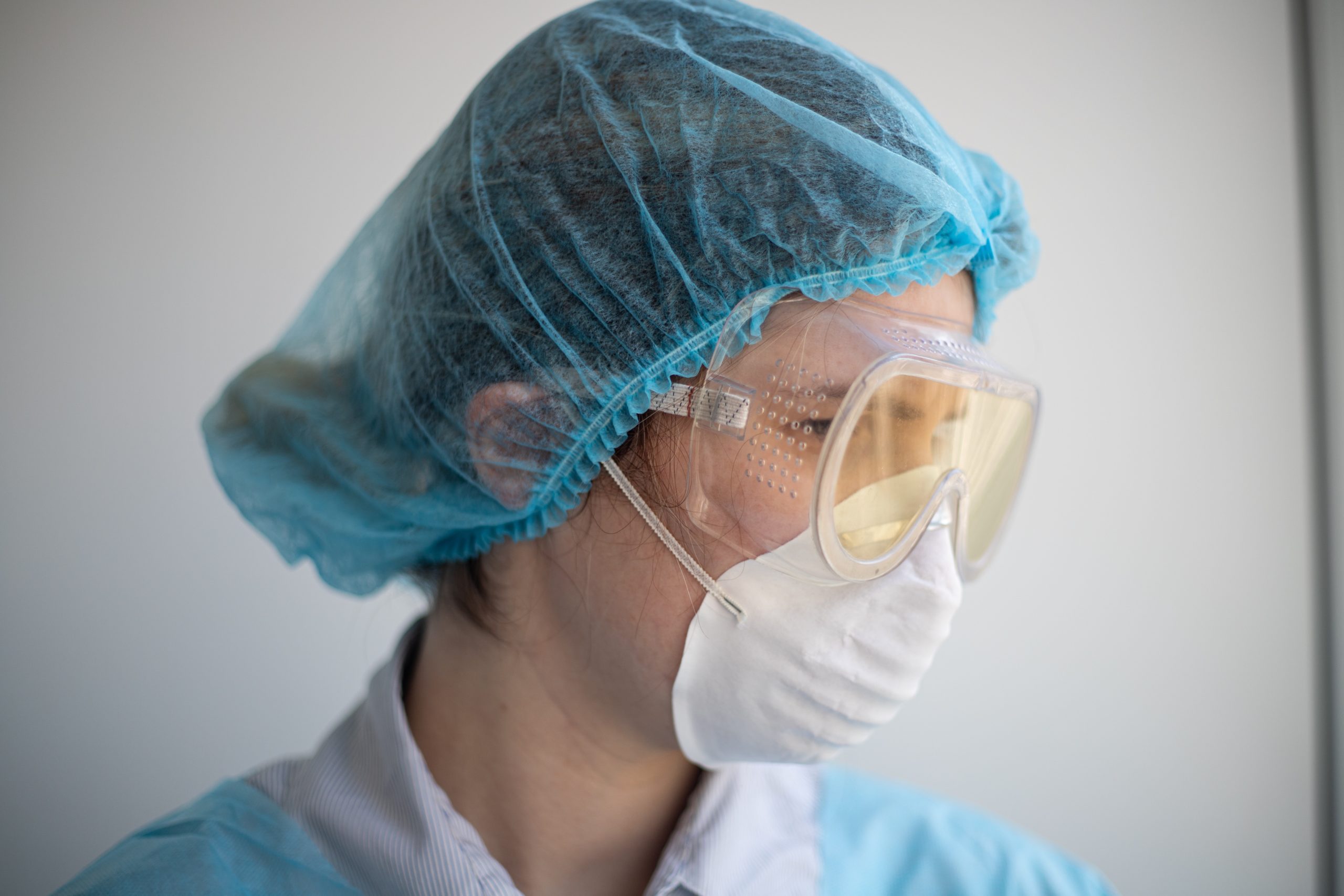 Italian health care workers share testimonies of God’s presence during pandemic.
Italian health care workers share testimonies of God’s presence during pandemic.
I am a person of few words, but I would like to share with you these moments of great sorrow, disappointment, fear and, at the same time, trust in the Lord as His daughter.
I was afraid, I confess. I never imagined that a virus was so powerful that it left no one to escape. During all these days I felt all kinds of feelings in my heart: anger, sadness, disappointment and fear.
I was afraid of having to change my form of life, and the possibility of changes in my work. They tell you that you will have to change departments, and go to a department where you have never worked—one with COVID-19-infected patients.
At first we didn’t have all the needed personal protection equipment (PPE). It’s bad to hear that you’re being sent to fight evil without having tools to defend your own safety.
None of you can imagine what it’s like to wear this protective equipment with a lead coat of almost 15 kilograms (33 pounds). I confess that the second time I had to wear this full-body covering, I literally had a crisis of claustrophobia. I could not breathe, and twice I had to take off the hood that covered my head. I sweated a lot, and my breath became more and more difficult. I can tell you that the whole team has had similar experiences. I thank my colleagues, who managed to reassure me during a traumatic situation in which I seemed to faint.
One day, I accompanied a patient to his room and realized the real severity of this devious and lethal disease. During the transfer, my gaze went into the rooms of the other patients and my heart broke in two. I wanted to embrace these people, because I saw the suffering and fear in their expressions.
I can only tell you to continue to pray. It is not yet over, but through the mercy of our God we can have the victory.
I thank all of you for your prayers. I am aware that God hears the requests of His children.
-Betty Aldeano works at a public hospital in Florence and attends the Florence Church of the Nazarene.
 I work in a nursing home where we take care of people of different ages who are afflicted with different diseases. We used to promote many activities within and outside our facility, such as an Alzheimers café, drama, choir, music therapy, yoga, birthday parties, and walks to the lake. These activities gave pleasure to our elderly residents.
I work in a nursing home where we take care of people of different ages who are afflicted with different diseases. We used to promote many activities within and outside our facility, such as an Alzheimers café, drama, choir, music therapy, yoga, birthday parties, and walks to the lake. These activities gave pleasure to our elderly residents.
The pandemic has created many limitations and tensions for our staff and residents. Our daily routine has radically changed. Above all, we are managing personal relationships with colleagues and guests differently.
A primary part of our job, usually, is to give affection and empathy to these vulnerable people through a hug or a caress. People affected with Alzheimer’s perceive our care and affection through our touch, and it is hard for them to feel it otherwise.
Not being able to do that now is a huge displeasure for them and for us. Wearing masks all the time means we cannot even show our smile.
There would be a lot to say, but I will be brief in saying that God shows me the positive side.
God works in me, renewing my strength day by day, helping me manage a new way to relate to colleagues and guests, as in this particular situation it is not easy.
– Karin Siche is attends the Church of the Nazarene in Florence, Italy.
 Niccolò’s Story
Niccolò’s Story
It is difficult to summarize the multitude of thoughts as I tried very hard to keep my mind off what was going on outside. I don’t consider myself a male nurse on the front line. I can’t afford to consider myself as part of that front that is fighting against this hidden, treacherous enemy that is as invisible as a traitor.
Despite this, it was not easy to live with the idea that we were in real danger, especially knowing that some people were more vulnerable to the lethality of this pandemic.
These most vulnerable people are those who have lived through our nation’s history; people who represent the cultural past of our country; people who should be seen as authentic roots of our era and not simply as … old people.
It is precisely by working for these people that I experienced this authentic psychodrama: constantly aware of the fact that all our behavior or actions could make the difference in whether these people lived or died. Not surprisingly, the first few days were terrifying, given the pressure we experienced.
The fear of being a transmission vehicle to my patients dominated every other emotion, as if it were not enough to constantly go out for work matters. I expressed my concerns to my family, who did not know how to console me or reassure me since they, too, felt the same fear.
As humanity proves incapable of giving you an answer, here comes the One who is in control of everything, the One who is at the base and the center, not only of our world, but of our universe.
Here, too, God has been able to reveal Himself strongly, with a force such as to transform a simple act of consolation into an action of pure motivation.
In fact, He did nothing supernatural. He did not act exclusively for me because He listened to my request for help. It just made me realize what my role was at this moment in history. A role in which I simply had to carry out my job; a role in which it is necessary to work with the awareness of loving one’s patients; a role in which I do not serve only “patients”: I serve grandparents, mothers, fathers, sisters and brothers.
By playing my simple role, I can influence the lives of many people, and that’s what God allowed me to understand by simply asking for His help.
This article was previously published in the June 2020 edition of Where Worlds Meet.




